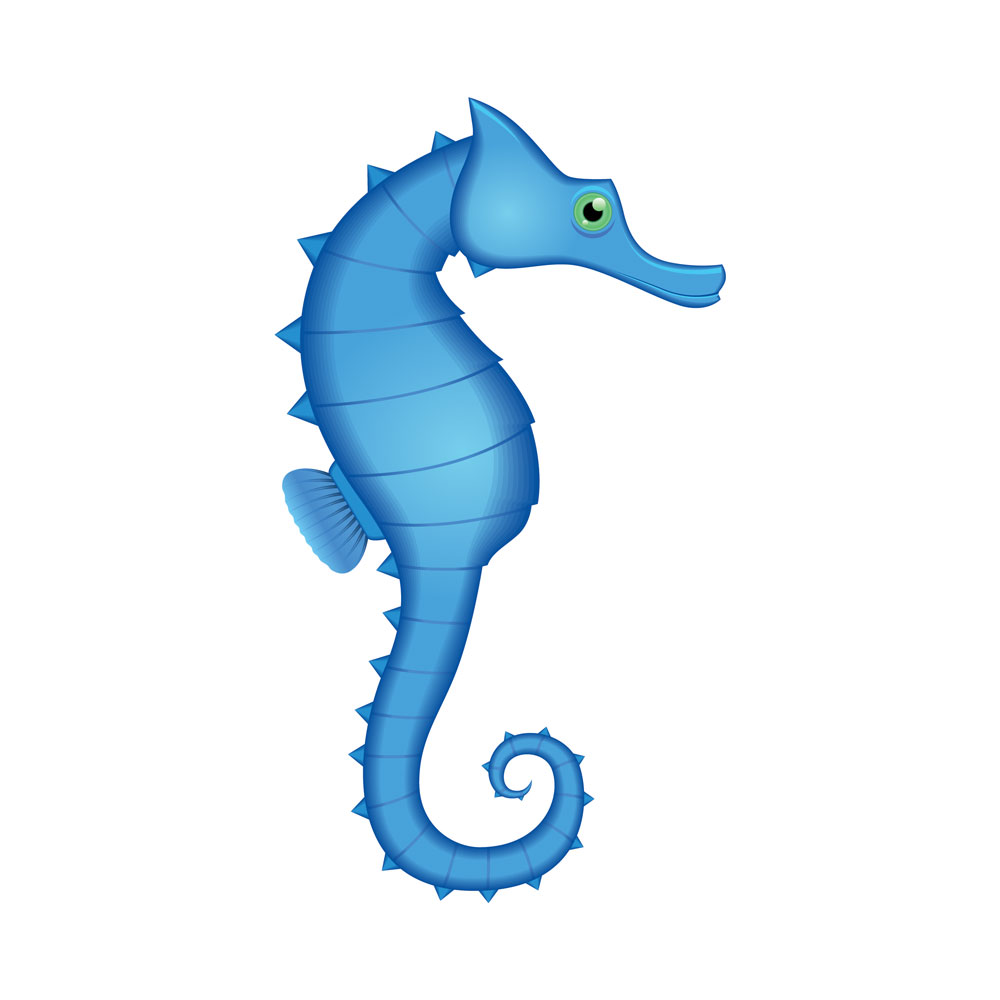| Strand and Profile
| Profiles in Class | Ideas for Home |
| Communication and Literacy | We are reading this The Very Hungry Caterpillar this half term. We will be looking at words that describe what the caterpillar is like, such as tiny and hungry. We will spend time learning what these words mean and writing our own sentences with symbols to help us.
We will also be continuing our daily phonics sessions.
| Read the book at home. Talk about the story with the pupils.
What foods does the caterpillar eat? Can you explore these at home? What do you like and not like.
Practise the Twinkl phonics sounds and actions at home. You can find videos of these on YouTube.
|
| Mathematics and Problem Solving | We will be exploring time with the story ‘Five Minutes Peace’ and using different timers to see what we can do in one minute.
We will be focusing on the numbers 9 & 10. We will be carefully counting objects, recognising & writing the numerals, thinking about 1 more & 1 less.
We will be looking at different ways to make numbers to 10.
| You could see what you could do in one minute or time your child to do something making it a fun game e.g. how quickly can you put your coat/shoes on.
Practise counting items with your child making sure their pointing is matching their or your verbal counting. Help them to line objects up or move them with their finger so they don’t lose count.
|
| Personal Development
| We will be learning about money and thinking about looking after and earning money. We will be thinking about things we want to buy with money & things we need to buy. | Involve your children in shopping activities. Help them to become familiar with different coins. Practise role playing shopping games. |
| Physical Development | We will be looking at throwing an object such as a ball or bean bag towards a target like a bucket or hoop.
We will be practicing aiming and adjusting how hard we throw. We will be practicing looking at where we want to aim at.
| Play games in the garden / park or at home.
Can you throw a screwed up ball of paper towards a target?
Play throwing and catching games. Rolling a ball between you.
|
| Understanding the World | Our topic is Castles, Kings and Queens.
Humanities (Tracey Davies) –We will find out about some famous Kings and Queens from British History. We will also learn about castles and palaces and consider what life may be like to have lived inside a castle / palace.
Science- We will be exploring the textures of fabrics when making King & Queen portraits. We will be thinking about which materials would be good for building a castle. We will be preparing food for a banquet and making a catapult to defend a castle.
Computing-We will use iPads to create pictures of Kings, Queens & castles. We will find out about Kings, Queens and castles on the internet.
| Visiting a castle or stately home. Think about if it is similar or different to how we live at home. Look at artefacts, are they old or new?
Talk about different types of materials around your home (wood, metal, fabric, plastic…) Model using words to describe these materials e.g. hard, soft, bendy, rough, smooth, scratchy…
Help your child to explore particular interests e.g. a particular monarch or castle, royal residence e.g. Norwich Castle or Buckingham Palace on Google Maps.
|
| Expression and Creativity | In DT we will be making the different stages of the caterpillar’s life – an egg, a caterpillar, a cocoon and a butterfly. We will be using painting, model making and paper mache.
In cooking we are making frozen fruit bites with the different fruits the caterpillar eats
| Any cutting and sticking activities. Encourage your child to make design choices such as what colour they want to use or where to stick something.
Can you make your own caterpillar? We would love to see photos on EFL.
|
| Personalised Learning | We will continue to help the children to make their own personal next steps in getting dressed, toileting, eating etc.
If your child has made any new steps at home over the holidays, please let us know in the diary or on EfL so that these can continue at school- thanks.
| In this cold weather, please practise with your child to help them put on hats and gloves (all named please) and when taking them off tucking gloves into pockets. Also putting coats on and fastening them, then taking them off and checking sleeves are the right way out. |
 Welcome to Seahorses
Welcome to Seahorses